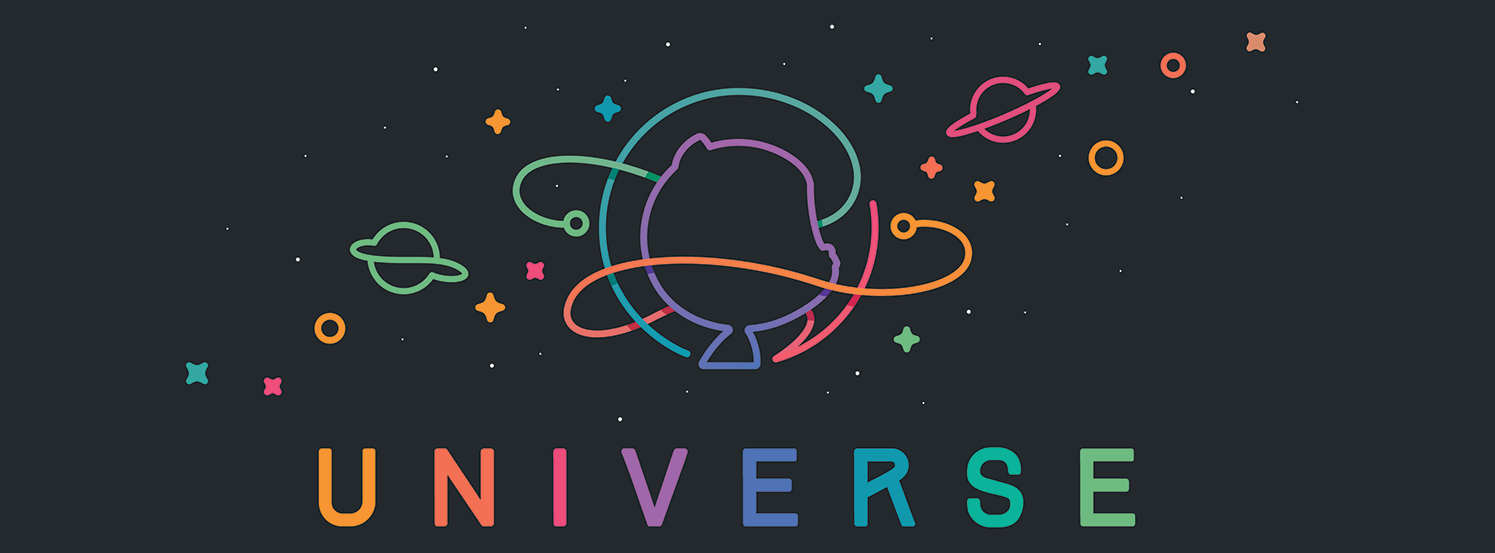
About ten years ago, GitHub embarked on a journey to create a platform that brought together the world’s largest developer community. Now that the company believes it has reached its initial goals, it is looking to the future with plans to expand the ecosystem and transform the way developers code through new tools and data.
“Development hasn’t had that much innovation arguably in the past 20 years. Today, we finally get to talk about what we think is the next 20 years, and that is development that is fundamentally different and driven by data,” said Miju Han, engineering manager of data science at GitHub.
The company announced new tools at its GitHub Universe conference in San Francisco that leverages its community data to protect developer code, provide greater security, and enhance the GitHub experience.
“It is clear that security is desperately needed for all of our users, open source and businesses alike. Everyone using GitHub needs security. We heard from our first open source survey this year that open source users view security and stability above all else, but at the same time we see that not everyone has the bandwidth to have a security team,” said Han.
GitHub is leveraging its data to help developers manage the complexity of dependencies in their code with the newly announced dependency graph. The dependency graph enables developers to easily keep track of their packages and applications without leaving their repository. It currently supports Ruby and JavaScript, with plans to add Python support in the near future.
In addition, the company revealed new security alerts that will use human data and machine learning to track when dependencies are associated with public security vulnerabilities, and recommend a security fix for it.
“This is one of the first times where we are going from hosting code to saying this is how it could be better, this is how it could be different,” said Han.
On the GitHub experience side, the company announced the ability to discover new projects with news feed and explore capabilities. “We want people to dig deeper into their interests and learn more, which is one of the core things it means to be a developer,” said Han.
The new news feed capabilities allows users to discover repositories right from their dashboard, and gain recommendations on open source projects to explore. The recommendations will be based off of people users are following, their starred repositories, and popular GitHub project.
“You’re in control of the recommendations you see: Want to contribute to more Python projects? Star projects like Django or pandas, follow their maintainers, and you’ll find similar projects in your feed. The ‘Browse activity’ feed in your dashboard will continue to bring you the latest updates directly from repositories you star and people you follow,” the company wrote in a blog.
The “Explore” experience has been completely redesigned to connect users with curated collections, topics, and resources so they can dig into a specific interest like machine learning or data protection, according to Han.
Han went on to explain that the newly announced features are just the beginning of how the company plans to take code, make it better, and create an ecosystem that helps developers move forward.
“These experiences are a first step in using insights to complement your workflow with opportunities and recommendations, but there’s so much more to come. With a little help from GitHub data, we hope to help you find work you’re interested in, write better code, fix bugs faster, and make your GitHub experience totally unique to you,” the company wrote.






